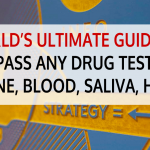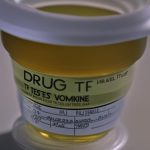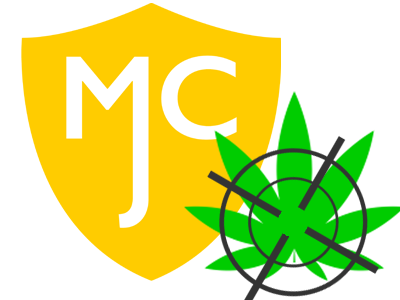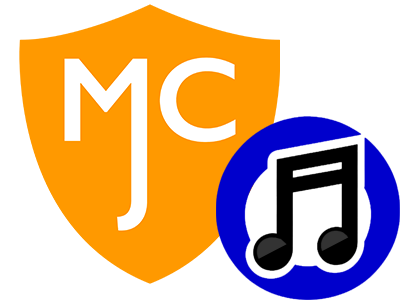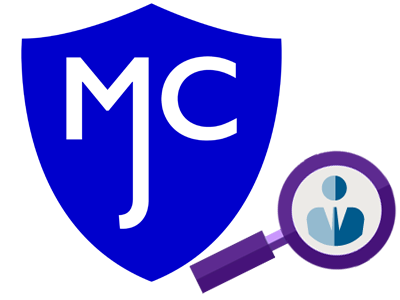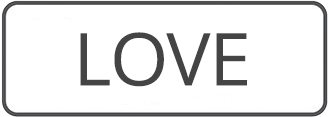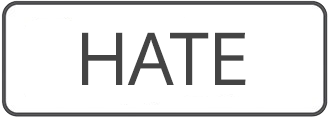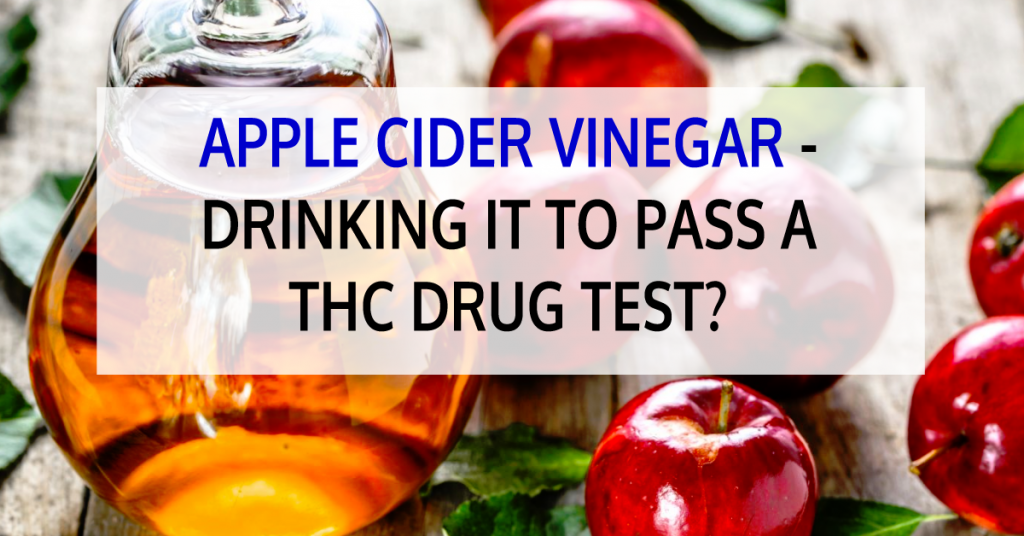
When it comes to drug test preparation, many people search for quick and easy methods to help them pass. One common suggestion is the use of apple cider vinegar. But does apple cider vinegar really work when it comes to drug testing? Let’s take a closer look at the facts.
First and foremost, there is no scientific evidence to support the claim that apple cider vinegar can help someone pass a drug test. Drug tests, such as urine tests, are designed to detect specific substances and are not impacted by substances like apple cider vinegar. The effectiveness of passing a drug test depends on factors such as the drug’s metabolism and the body’s ability to eliminate it.
While apple cider vinegar may have its health benefits, it is important to rely on reliable methods and not untested remedies when preparing for a drug test. Consulting a medical practitioner or trusted professional is always the best course of action when it comes to drug testing.
Key Takeaways:
- There is no scientific evidence to support the claim that apple cider vinegar can help someone pass a drug test.
- Drug tests are designed to detect specific substances and are not influenced by substances like apple cider vinegar.
- Consulting a medical practitioner or trusted professional is the best approach when preparing for a drug test.
Understanding Drug Test Detox
The effectiveness of drug test detox methods can vary depending on several factors, including the type of substance, frequency of usage, and individual metabolism. When it comes to passing a drug test, the most efficient strategy is often giving your body enough time to naturally eliminate the substances. However, there are additional steps you can take to support your body’s detoxification processes.
Hydration: Staying well-hydrated helps flush toxins out of your system, so be sure to drink plenty of water.
Exercise: Engaging in regular physical activity can help stimulate your metabolism and promote toxin elimination through sweat.
Balanced diet: Eating a nutritious diet that includes plenty of fruits, vegetables, and fiber can support healthy digestion and aid in detoxification.
It is important to note that drug tests vary in their sensitivity and detection windows. While some substances may be eliminated from your body relatively quickly, others may remain detectable for a longer period. Additionally, the accuracy and reliability of drug testing methods can also vary. It is crucial to approach detoxification methods with caution and consult with a medical professional for personalized advice.
Table: Detox Methods for Drug Test Preparation
| Detox Method | Description |
|---|---|
| Time | The most natural and effective method. Allows the body to naturally eliminate substances over time. |
| Hydration | Drinking plenty of water helps flush toxins out of the system. |
| Exercise | Regular physical activity stimulates metabolism and promotes toxin elimination through sweat. |
| Balanced Diet | A nutritious diet supports healthy digestion and aids in detoxification. |
By understanding the limitations and advantages of different detox methods, as well as the specific factors that can affect drug test results, individuals can make more informed decisions when preparing for a drug test. It is essential to rely on reliable information and consult with professionals to ensure accurate and reliable results.
What Does NOT Help Pass a Drug Test
When it comes to passing a drug test, there are many myths and ineffective methods floating around. It’s important to separate fact from fiction to avoid false hope and potential consequences. Let’s debunk some of the common myths about passing drug tests.
Myth #1: Consuming vinegar or cranberry juice
One myth suggests that consuming vinegar or cranberry juice can help you pass a drug test. While these substances can alter the pH of urine, they do not impact the accuracy of drug tests. Drug tests are specifically designed to detect the presence of specific drugs, and changing the pH of urine will not produce a negative result.
Myth #2: Using creatine or consuming large doses of vitamins
Another myth involves using creatine or consuming large doses of vitamins to pass a drug test. Unfortunately, these methods are ineffective. Creatine and vitamins do not have any impact on the detection of drugs in the body, and relying on them can lead to false hope and potential consequences.
Myth #3: Other ineffective methods
There are several other ineffective methods that people may try when attempting to pass a drug test. These can include using detox drinks or fake urine, tampering with the sample, or diluting urine with excessive fluids. These methods are not foolproof and can lead to failed tests or even legal trouble.
When it comes to passing a drug test, it’s important to rely on reliable methods and not fall for ineffective myths. Consulting a medical practitioner or seeking advice from professionals in the field can provide accurate information and guidance. Remember, it’s better to approach drug tests with caution and honesty rather than relying on untested remedies.
| Myth | Explanation |
|---|---|
| Consuming vinegar or cranberry juice | Altering urine pH does not impact drug test accuracy |
| Using creatine or consuming large doses of vitamins | No impact on drug detection |
| Other ineffective methods | Detox drinks, fake urine, tampering with samples, or diluting urine are unreliable and can lead to failed tests |
Reliable Drug Testing Methods
When it comes to drug testing, there are various methods that can be used to determine the presence of substances in an individual’s system. The three most common types of drug tests are urine tests, hair tests, and saliva tests. Each method has its advantages and limitations, and understanding the differences between them is crucial for accurate and reliable testing.
Urine Drug Test
The urine drug test is one of the most widely used methods for detecting recent drug use. It is a non-invasive and relatively simple procedure, making it a popular choice for many testing facilities. Urine tests can detect a wide range of substances, including marijuana, cocaine, amphetamines, opioids, and benzodiazepines, among others.
One advantage of urine tests is that they provide a snapshot of recent drug use, typically within the past few days to weeks, depending on the substance. However, it is important to note that urine tests may not detect drugs that have been metabolized and eliminated from the body.
Hair Drug Test
Hair drug tests, on the other hand, offer a longer detection window compared to urine tests. This type of test can detect drug use over a period of months, depending on the length of the hair sample collected. Hair tests can be useful for detecting chronic or long-term drug use.
It is worth noting that hair tests are unable to detect recent drug use, as it takes time for drugs to be incorporated into the hair shaft. Additionally, hair tests may yield false positives or false negatives due to external contamination or the use of hair products containing certain substances.
Saliva Test
Saliva tests are less commonly used but can be a useful alternative to urine or hair tests in certain situations. Saliva tests are non-invasive and provide rapid results, making them convenient for on-site testing. These tests are particularly effective at detecting recent drug use, as drugs can be detected in saliva within a few hours of consumption.
However, saliva tests have a shorter detection window compared to urine or hair tests. They may not be as reliable for detecting drugs that have been used more than a few days prior to testing.
| Drug Testing Method | Advantages | Limitations |
|---|---|---|
| Urine Test | Widely available, detects recent drug use | May not detect drugs that have been metabolized and eliminated |
| Hair Test | Long detection window, useful for chronic drug use | Unable to detect recent drug use, potential for false positives or negatives |
| Saliva Test | Non-invasive, rapid results, detects recent drug use | Shorter detection window, may not be as reliable for detecting drugs used more than a few days prior |
It is important to note that the reliability of drug testing methods depends on the quality of the testing facility and the accuracy of the procedures used. Testing facilities should follow strict protocols to ensure accurate and consistent results.
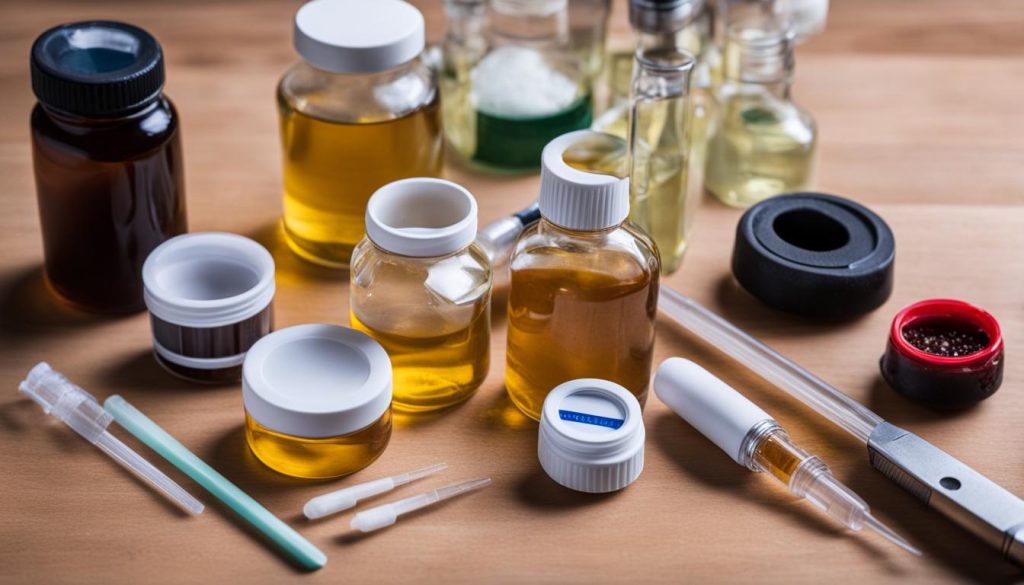
Debunking Common Drug Testing Myths
Drug testing has long been the subject of misinformation and myths, often leading to confusion and false assumptions. In this section, we will debunk some of the most common drug testing myths and provide accurate information to help you navigate the process with confidence.
Inhalation of Marijuana Smoke
One prevalent myth surrounding drug testing is the belief that passive inhalation of marijuana smoke can result in a positive drug test. However, research has shown that this is not the case. While it is possible for trace amounts of THC to be detectable in a person’s system due to secondhand exposure, drug tests have specific thresholds for determining a positive result. The amount of THC absorbed through passive inhalation is typically far below these thresholds, making it highly unlikely for it to cause a positive drug test result.
Excess Body Fat and Positive Drug Tests
Another common misconception is that excess body fat can lead to a positive drug test. It is often believed that THC, the active compound in marijuana, can be stored in fat cells and released during weight loss, resulting in a positive drug test. However, drug tests are designed to detect metabolites of THC, not the drug itself. These metabolites are typically metabolized and eliminated from the body fairly quickly, regardless of body fat percentage. Therefore, having excess body fat does not significantly impact the likelihood of a positive drug test.
Poppy Seeds and Opiate Drug Tests
The consumption of poppy seeds has long been associated with false-positive results in opiate drug tests. While poppy seeds do contain trace amounts of opiates, the levels are generally too low to trigger a positive drug test. Most drug testing facilities have established thresholds that take into account the potential impact of poppy seeds. It would require consuming an extremely large quantity of poppy seeds to exceed these thresholds and produce a positive drug test result. Therefore, the occasional consumption of poppy seeds, such as in baked goods, is unlikely to cause a positive drug test for opiates.
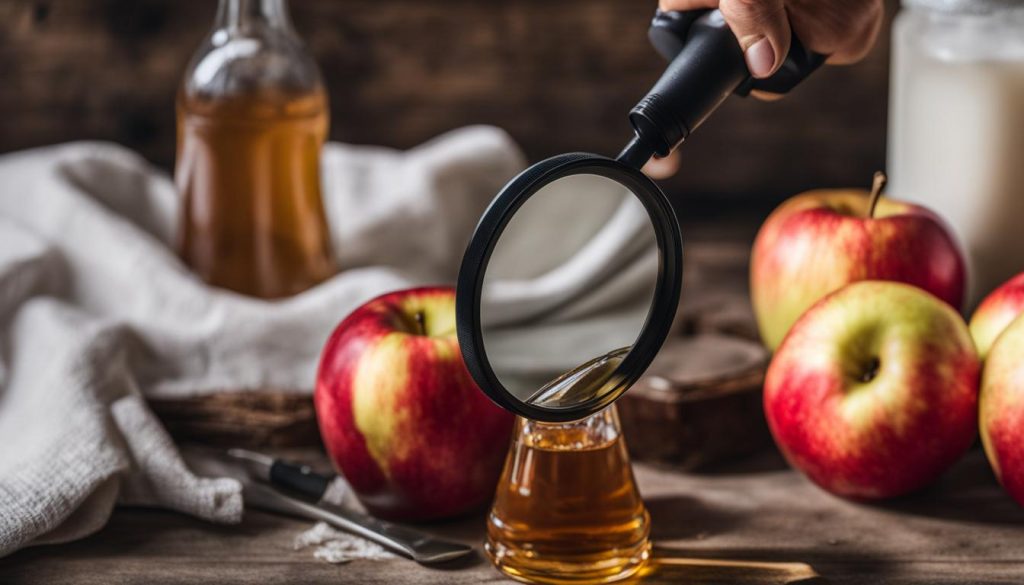
Strategies to Avoid False Positive Results
When it comes to drug testing, accurate results are crucial to ensure fair outcomes and avoid potential consequences. False positive results, which occur when a test incorrectly indicates the presence of a drug, can have serious implications. To help minimize the risk of false positives, there are several strategies that individuals can employ.
Prioritize Communication
One of the most important strategies to avoid false positive results is open and proactive communication. It is essential to inform the testing facility about any medications or substances that may affect the test results. This includes over-the-counter medications, supplements, and herbal remedies. By providing this information, you can ensure that the testing facility can take these factors into account and interpret the results accurately.
Follow Proper Collection Protocols
Another crucial aspect of avoiding false positives is to ensure that proper collection protocols are followed during the testing process. This includes collecting the sample correctly and adhering to the specified guidelines. Any deviation from the established protocols could potentially impact the accuracy of the results. It is important to be familiar with the proper collection procedures and to follow them meticulously.
Consider Cutoff Levels
Cutoff levels refer to the minimum concentration of a drug or its metabolites required for a positive result on a drug test. Understanding the specific cutoff levels used in testing is essential. If you are concerned about false positives, it may be helpful to research and discuss with the testing facility the cutoff levels that will be used for your particular test. This can give you a better understanding of the threshold that needs to be met for a positive result, helping you interpret the results accurately.

| Strategy | Description |
|---|---|
| Prioritize Communication | Inform the testing facility about any medications or substances that may affect the test results. |
| Follow Proper Collection Protocols | Adhere to the specified guidelines for collecting the sample. |
| Consider Cutoff Levels | Understand the specific cutoff levels used in testing and discuss them with the testing facility. |
By implementing these strategies, individuals can take proactive measures to avoid false positive results in drug tests. Clear communication, adherence to proper collection protocols, and understanding cutoff levels can help ensure accurate and reliable test outcomes.
Prohibited Substances and their Impact on Drug Testing
In the process of drug testing, there are certain substances that can interfere with the accuracy of the results. It is crucial to be aware of these prohibited substances and the potential impact they can have on drug tests. By avoiding these substances, individuals can ensure more reliable and accurate test results.
Prohibited Substances
“Poppy seeds, substances containing alcohol, creatine supplements, and certain prescription drugs are examples of substances that may cause false positive results or potential issues with drug testing.”
Poppy seeds, commonly found in baked goods and bagels, contain trace amounts of opiates. Consuming these seeds can lead to a positive drug test result for opiates, even if an individual has not used any illicit substances. It is important to refrain from consuming foods or beverages that contain poppy seeds before undergoing a drug test.
Substances containing alcohol, such as mouthwashes or certain medications, can also interfere with drug test results. Alcohol can be detected in breath, urine, and blood tests, leading to inaccurate results if consumed prior to testing. It is crucial to avoid alcohol-containing products before undergoing drug testing.
Creatine supplements, often used by athletes for muscle building, can affect the results of certain drug tests. These supplements can elevate levels of creatinine in the urine, which may be seen as an attempt to dilute or mask the presence of drugs. It is important to disclose the use of creatine supplements to the testing facility before undergoing a drug test.
Certain prescription drugs, such as benzodiazepines or opioids, can also lead to false positive results in drug tests. These medications can cross-react with the substances targeted by the drug tests, causing the tests to indicate drug use when none is present. It is crucial to inform the testing facility about any prescription medications being taken to ensure accurate and reliable results.
Impact on Drug Tests
| Prohibited Substance | Impact on Drug Tests |
|---|---|
| Poppy Seeds | May result in a positive drug test for opiates |
| Substances containing alcohol | Can interfere with breath, urine, and blood tests |
| Creatine supplements | Elevated creatinine levels can raise suspicion during urine tests |
| Certain prescription drugs | Can cause false positive results due to cross-reactivity |
By being aware of the impact that prohibited substances can have on drug tests, individuals can take necessary precautions to avoid false positive results. It is essential to understand the potential consequences of these substances and to disclose any relevant information to the testing facility. This will help ensure accurate and reliable drug test results.
Additional Considerations for Drug Testing
When it comes to drug testing, there are several factors that individuals should consider to ensure accurate and reliable results. Understanding these considerations can help navigate the process effectively and make informed decisions.
Different Types of Samples
Drug testing can be conducted using various types of samples, including urine, blood, saliva, and hair. Each sample type has its own advantages and limitations in terms of the window of detection for different substances. For example, urine tests are more likely to detect recent drug use, while hair tests can detect drug use over a longer period. It is important to be aware of the specific sample type being used and understand its implications.
Sensitivity and Specificity
Drug testing methods vary in their sensitivity and specificity, which can affect the accuracy of the results. Sensitivity refers to a test’s ability to correctly identify individuals who have used drugs, while specificity refers to its ability to correctly identify individuals who have not used drugs. Understanding the sensitivity and specificity of different testing methods can help individuals assess the reliability of the results.
Advantages and Disadvantages of Each Testing Method
Each drug testing method has its own advantages and disadvantages. For example, urine tests are non-invasive and generally less expensive, but they have a shorter window of detection. On the other hand, hair tests have a longer detection window but can be more costly. It is important to consider these factors when choosing a testing method and understand how they may impact the results.
Overall, taking into account the type of sample, the sensitivity and specificity of the testing method, and the advantages and disadvantages of each method can help individuals make more informed decisions when it comes to drug testing. By considering these additional factors, individuals can navigate the drug testing process effectively and ensure accurate and reliable results.
Legal and Ethical Implications of Drug Testing
When it comes to drug testing, there are important legal and ethical considerations that individuals should be aware of. The consequences of failing a drug test can have significant impacts on various aspects of one’s life, including employment and legal matters. Understanding the legal implications and ethical considerations surrounding drug testing is crucial for navigating this process effectively.
The legal implications of drug testing vary depending on the jurisdiction. Different states and countries may have specific laws and regulations in place regarding drug testing in the workplace or other settings. It is essential to be familiar with these laws to ensure compliance and to understand the potential consequences if drug test results are positive. In some cases, failing a drug test can result in disciplinary action, termination of employment, or legal repercussions.
From an ethical perspective, there are considerations related to privacy and personal rights. Drug testing can potentially invade an individual’s privacy, as it involves the collection and analysis of bodily fluids or other samples. Balancing the need for drug-free environments with an individual’s right to privacy can be a challenging ethical dilemma. Employers and testing facilities have a responsibility to handle the testing process with sensitivity and respect for individuals’ rights.
Additionally, the accuracy and reliability of drug testing methods raise ethical concerns. False positive results can have serious consequences for individuals who are wrongfully accused of drug use. It is vital for testing facilities to use reliable and accurate methods, and for individuals to have opportunities to challenge and verify test results if necessary. Transparency and fairness in the drug testing process are crucial for maintaining trust and upholding ethical standards.
Conclusion
In conclusion, navigating the world of drug testing can be a daunting task. However, it is crucial to rely on accurate information and proven methods to ensure reliable results. By avoiding myths and ineffective remedies, individuals can increase their chances of passing a drug test.
Consulting with medical professionals and understanding the specific factors and considerations related to drug testing is essential. This knowledge empowers individuals to make informed decisions and approach the process with confidence.
Remember, drug testing has legal and ethical implications, so it’s vital to be aware of the laws and regulations in your jurisdiction. Failing a drug test may have consequences in various areas of life, including employment and legal matters. Consider the ethical considerations of drug testing and the potential impact on your privacy and personal rights.
Ultimately, navigating drug testing successfully requires a comprehensive understanding of the process, reliable methods, and clear communication with testing facilities. By following these guidelines, individuals can approach drug testing with confidence and peace of mind.
FAQ
Can apple cider vinegar help me pass a drug test?
There is no evidence to support the claim that apple cider vinegar can help someone pass a drug test. Drug tests, such as urine tests, are not impacted by substances like apple cider vinegar.
What is the most effective strategy for detoxing for a drug test?
The most effective strategy for detoxing for a drug test is to allow the body time to naturally eliminate substances. Hydration, exercise, and a balanced diet can also support the body’s detoxification processes.
Do methods like consuming vinegar or cranberry juice work for passing a drug test?
No, consuming vinegar or cranberry juice does not produce negative results on drug tests. The pH of urine may be altered, but it does not impact the accuracy of drug tests.
Are there any myths about passing drug tests that have been debunked?
Yes, there are several myths that have been debunked, including the belief that passive inhalation of marijuana smoke can result in a positive drug test, the idea that excess body fat can cause a positive drug test, and the misconception that consuming poppy seeds can lead to a positive drug test for opiates.
How can I avoid false positive results in a drug test?
To avoid false positive results, inform testing facilities about any medications or substances that may affect the results, ensure proper collection protocols are followed, and consider the specific cutoff levels used in testing.
What substances can interfere with the accuracy of drug tests?
Substances such as poppy seeds, alcohol-containing substances, creatine supplements, and certain prescription drugs can interfere with the accuracy of drug tests and may be prohibited by testing facilities.
What factors should I consider when it comes to drug testing?
Factors to consider include the type of sample collected (urine, blood, saliva, hair), the window of detection for different substances, the various matrices used for testing, and the advantages and disadvantages of each method.
Are there any legal and ethical implications of drug testing?
Yes, drug testing can have legal and ethical implications. It is important to be aware of the laws and regulations surrounding drug testing in specific jurisdictions, as well as the potential consequences of failing a drug test for employment or legal matters.





